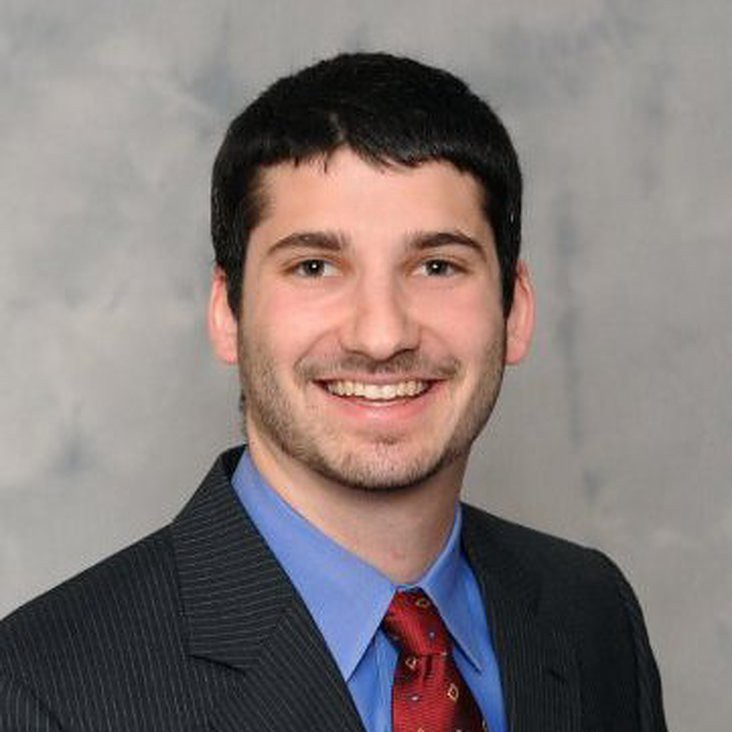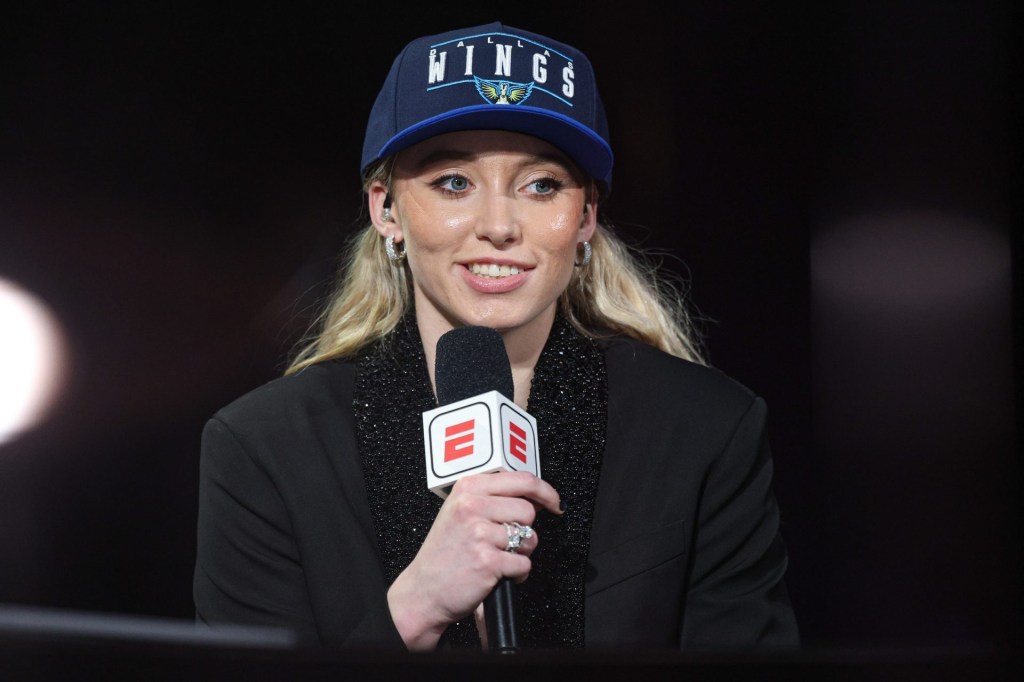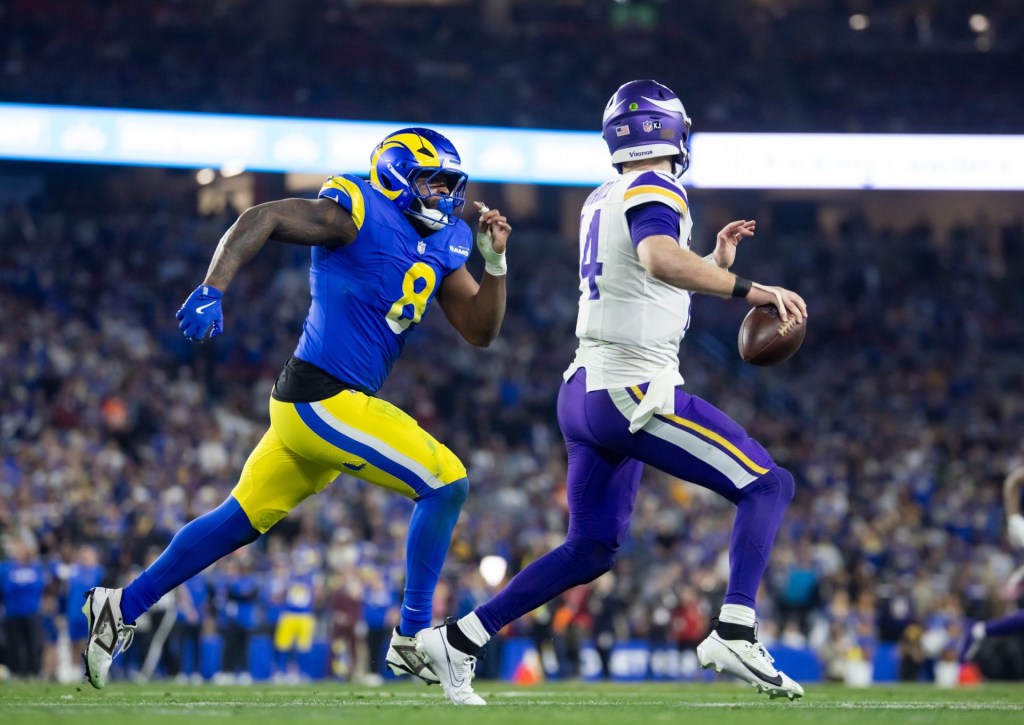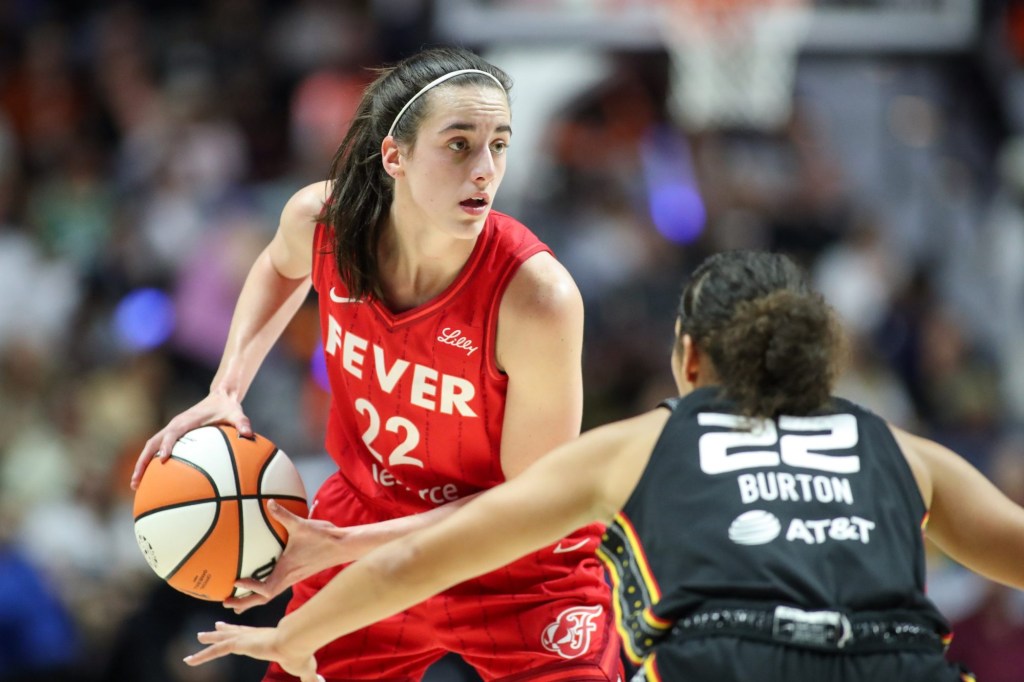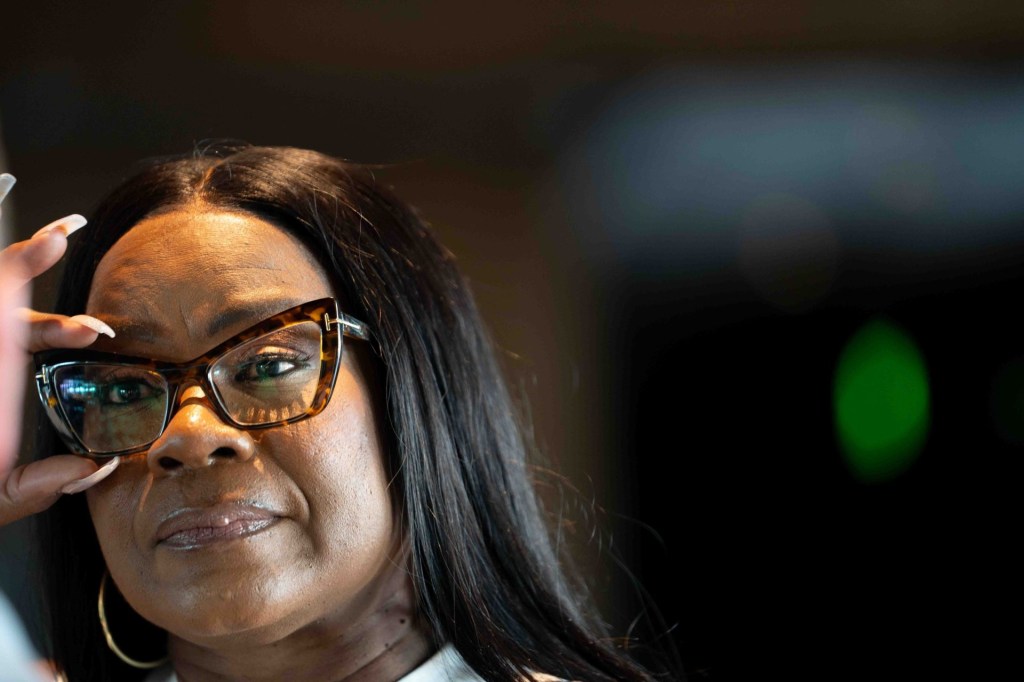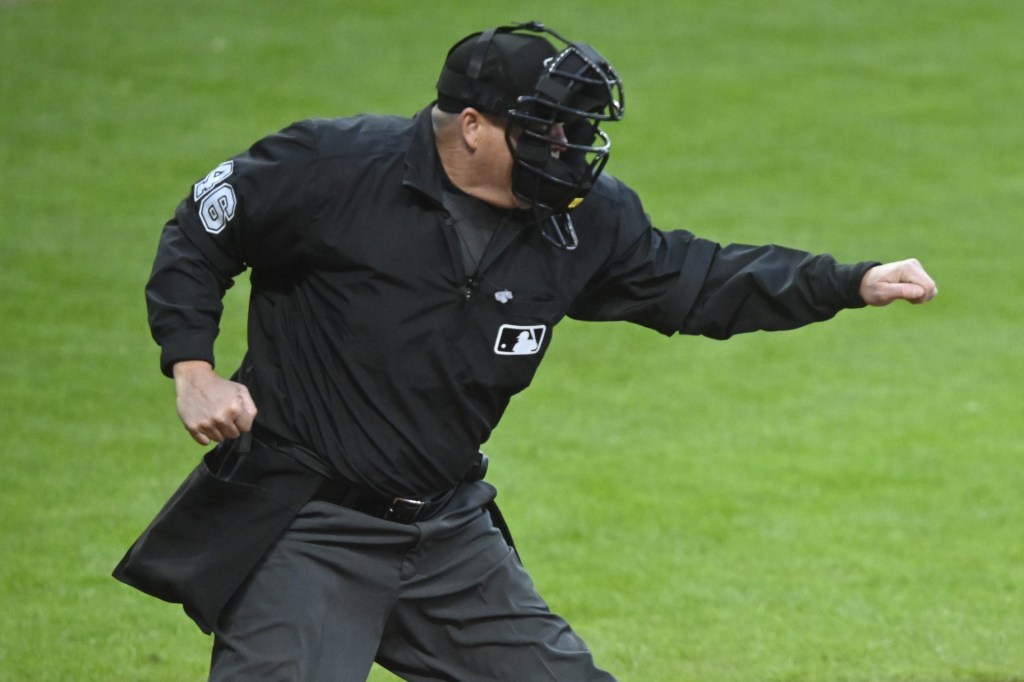By: Ryan Weir, @r_weir

Front Office Sports is proud to have sat down with Zack Waldman, Senior Producer for IMG College. The IMG Audio Department, which consists of over seventy universities carried by 2,200 local radio affiliates nationwide — totaling more than 3,500 hours of original programming annually. Zack also maintains the IMG Audio Twitter account and ghost-tweets for a large number of broadcasters during live events. He was gracious enough to offer up his time and insight into parts of the media aspects of college athletics, how he got his job and his tips for future professionals.
For those of us that don’t know, tell us a little bit about what IMG College does?
IMG College is the nation’s leading collegiate marketing agency. We handle the multimedia rights for nearly 90 different colleges and universities across the country — from the national football champions at Ohio State to the men’s basketball champions at UConn. We provide marketing opportunities for many major national, regional and local sponsors through assets that include signage, digital, tickets, and hospitality. We represent the licensing programs of nearly 200 collegiate institutions. We also handle the radio broadcast rights, which is my specific area of focus.
What is your day-to-day role on gamedays and on non-gamedays?
I started at IMG College in the summer of 2011 as a Network studio host. Two years later, I was fortunate to be appointed to a newly-created position within the digital department as a social media coordinating producer. My biggest responsibility was overseeing the development of our “Voices Network” initiative. Through rich audio content repurposed on social media, we wanted to help our play-by-play announcers continue the conversation with fans beyond the scope of the traditional broadcast experience.
That was a great experience, and I am now a producer back in the audio department. I’m encouraged to execute many of the same conceptual strategies we were developing within digital. So, I am still handling a fairly similar day-to-day workload.
When we are in-season, I am putting together creative and commercial production, handling traffic and formats, maintaining constant communication with our sales staffs, and executing affidavits for our sponsors. Ultimately, I am making sure our radio broadcasts get on the air without any major firestorms!
During non-gamedays, I am also making sure that our best pre-production and coaches show interview clips (whether from head coaches, assistant coaches or players) are being uploaded to our SoundCloud profile (soundcloud.com/img-audio) that I helped create back in 2014. SoundCloud is a large digital audio “library,” so to speak. Our IMG Audio profile is broken up into different playlists based on our radio networks. Fans of college sports can go online and easily access a treasure trove of audio clips related to their favorite team on this page. I think SoundCloud pairs really well with Twitter and has some great back-end analytics.
Gamedays are very hectic. I am generally in our Network studios for upwards of 14–15 hours during Saturdays in the fall. Leading up to Saturdays during football season, I am trying to schedule as many broadcast advisory posts as I can in advance. Basically, where, how and when fans can listen. I try to put a creative spin on those. We do a lot of those posts through HootSuite. Come Saturday, I try to keep an eye on all the marquee match-ups of that given day. When I identify a buzzworthy highlight, I retrieve the audio from our system, convert it to an mp3 file, edit as necessary, upload it to our SoundCloud profile with the appropriate visual and textual descriptors, and tweet it out through @IMGAudio or through the personal account of the radio announcer who made the call.
Do broadcasters tweet from their own accounts simultaneously while calling games?
Oftentimes, there is a voice behind the voice. Broadcasters generally have somebody who will help to repurpose gameday audio. There is just no way that Gene Deckerhoff at Florida State can call a seven, eight-hour radio broadcast and also worry about his best cuts being tweeted during the game. That is where I come in — making sure the most interesting content from our radio broadcasts is being seen and heard by fans as quickly as possible.
On gamedays, I either ghost tweet from the personal accounts of our broadcasters or email them the appropriate links. If one of our University broadcast partners does not have a play-by-play talent with any sort of Twitter presence, I will generally work with an Athletics Department social/new media manager or Sports Information Director to make sure the audio is still being repurposed through their official accounts.
What else do you aspire to do?
I would like to continue working within the digital and social media realm and I would like to branch out beyond audio. Whether that includes marketing, public relations, graphics, or video, I want to still focus on connecting fans to any and all types of engaging content. I love building up different accounts, platforms and audiences.
Any tips on how to use social media to improve chances while pursuing a career in sports?
It is very important to have your own voice. It never hurts to put your personal brand out there, obviously in a professional manner. Represent yourself in a good way by being creative, forward-thinking and transparent. That will help you down the road because that is ultimately what you will be doing in the future with a team, brand or organization on a professional level, especially if you pursue a career in digital sports. It is important to be able to communicate with fans outside of traditional broadcast parameters. That is one of the reasons why we started the Voices Network. The conversation ends once the broadcaster signs off. The beauty of social media is that the conversation never ends and you can continually interact with your fans.
Back to your question, the only way to get practice in social media is by doing it. The hashtag #SMSports is a great thing, and many really interesting, like-minded people make up that community. Getting started early can only help with job opportunities.
In addition to being active on personal social media accounts and constantly networking, the cliché of being a “Swiss Army Knife” is absolutely true. Versatility is invaluable for differentiating yourself from other candidates pursing a job opportunity. Can you write? Can you create a graphic? Can you edit and produce video/audio? The more areas of social and digital media you can demonstrate proficiency in, the more you will stand out from the crowd. That is something I am personally working on — trying to improve my skills in producing/crafting engaging visual content. Even though IMG Audio deals exclusively with audio, we still have to find ways to gets clicks, plays and shares in an already crowded marketplace.
We would like to thank Zack for his time and insight and we wish him the best in all of his future endeavors!
You can follow Zack on Twitter here and on LinkedIn here! Also, you can follow IMG Audio on Twitter here!
